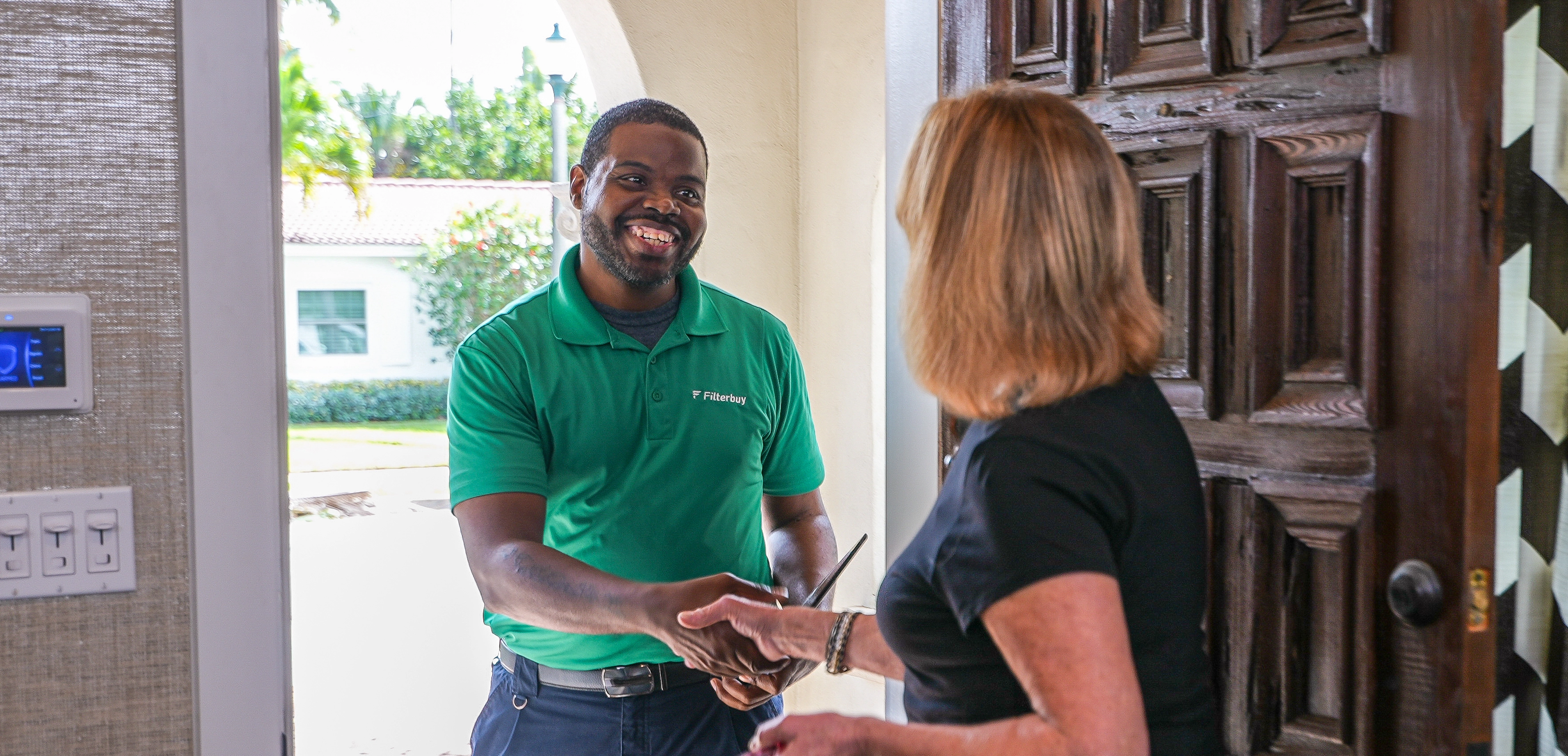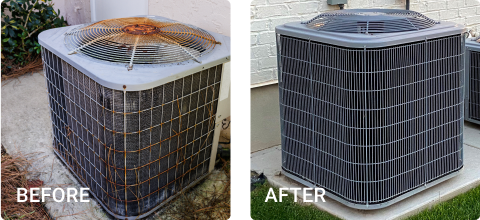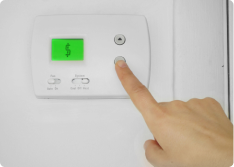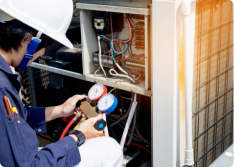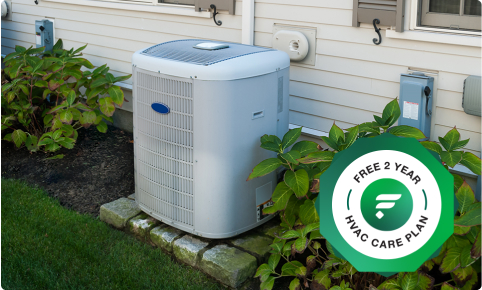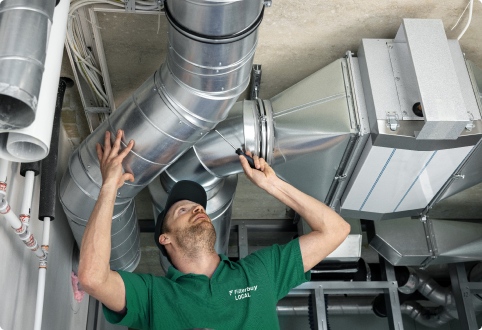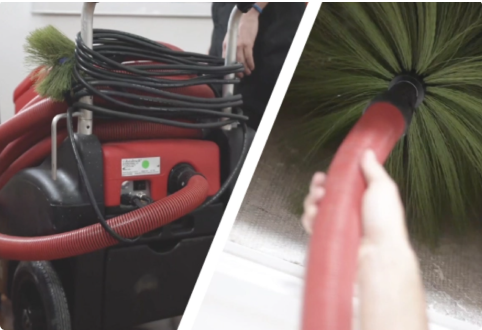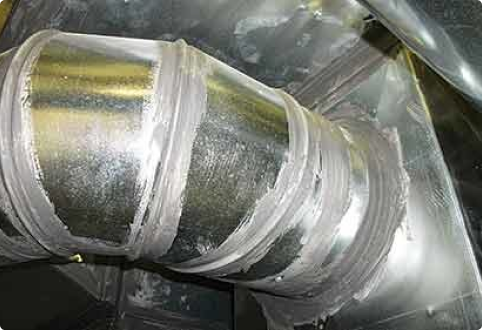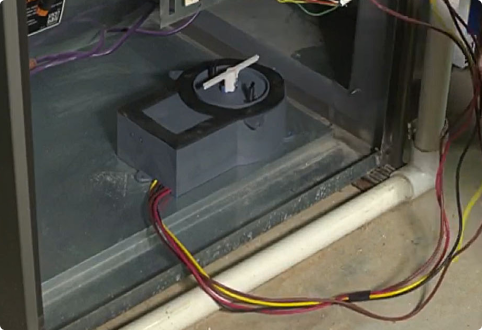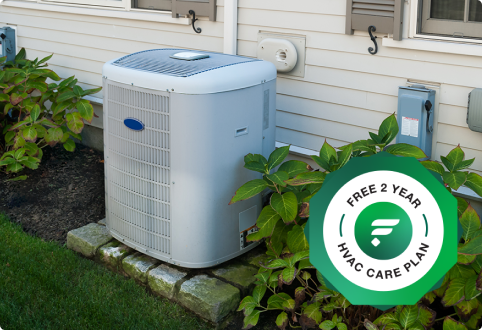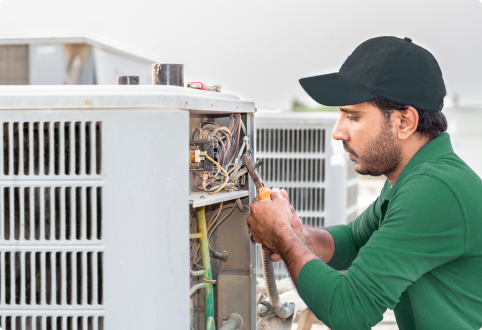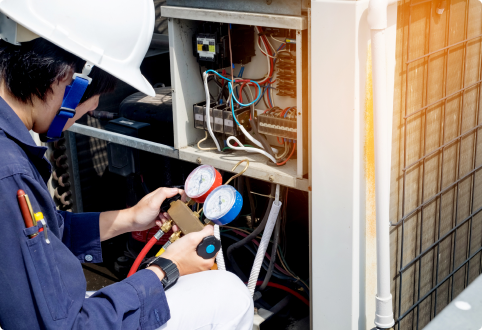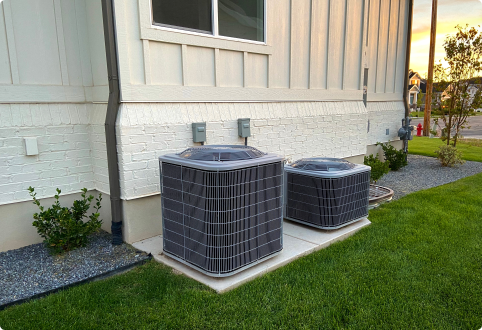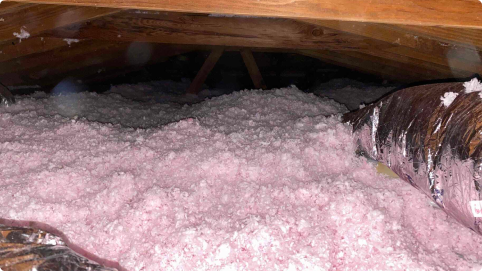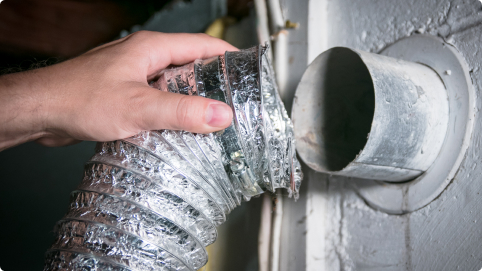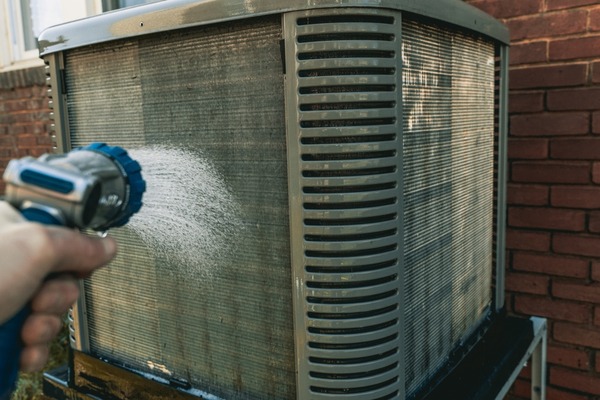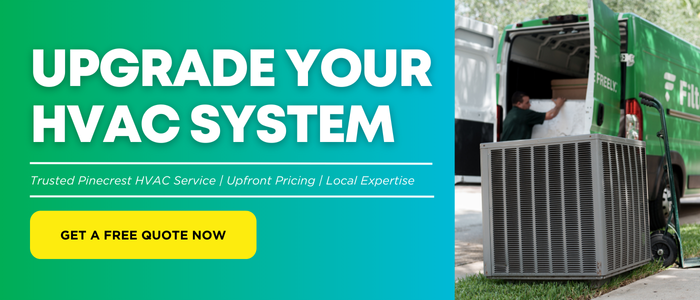Welcome to Filterbuy HVAC Solutions, the best HVAC system replacement service company proudly serving in and near the greater Pinecrest, FL area. Please let us know how we can help solve your Pinecrest HVAC system replacement needs with professional, affordable, and fast residential and commercial HVAC services by getting a free online quote or by giving our friendly HVAC specialists a call. We look forward to hearing from you!
Efficient HVAC Replacement Solutions for Pinecrest FL
Pinecrest FL is a peaceful suburb. It's a popular place because of its nature and convenience.
Upgrade your HVAC system for more efficiency! Top brands like Trane, Carrier, and Lennox save energy. Understanding SEER ratings helps you choose the right system. Heat pumps are for mild winters. While ductless systems provide zone-specific cooling. Regular maintenance keeps your system running efficiently and your home cool. Find a reliable HVAC replacement company in Pinecrest FL. Stay tuned for more tips!
Key Takeaways
■ Heat pumps give heating and cooling, perfect for Pinecrest's winters.
■ Ductless systems fit homes lacking ductwork. Offering quiet operation and reduced energy loss.
■ Brands like Trane, Carrier, and Lennox deliver efficient HVAC options.
■ Correct installation, including proper duct sizing and zoning, boosts system efficiency and comfort.
■ Consider financing options and manufacturer rebates to reduce initial costs of energy-efficient HVAC systems.
Understanding HVAC System Efficiency
Many homeowners worry about energy use. Especially for HVAC systems. If you want a replacement, understand some key terms. Let’s learn the basics!
Efficiency ratings are like a report card for your HVAC system. The higher the rating, the better performance and the lower your bills will be. SEER is cooling efficiency while AFUE is heating efficiency.
Why does this matter? Highly efficient units save you a lot of money over time and are better for the environment. This reduces your carbon footprint. The numbers and acronyms might seem confusing. But understanding them is worth it.
Top HVAC Replacement Brands
Choose the right HVAC brand! It's an investment in your comfort and for your peace of mind. Comparing brands helps you see the value and reliability of your options.
Brands like Trane, Carrier, and Lennox are reliable and efficient HVAC systems. They stand out for their innovation and energy efficiency. These brands are also durable. Trane is recognized for its high efficiency and temperature control.
Customer reviews give insights into experiences with HVAC brands. Helping you understand performance and service. However, a high-end brand may not always be the best choice for your needs. Consider your home's size and location when deciding.
Energy-Efficient HVAC Options
It's important to research HVAC energy efficiency based on your home's size and location.
■ Heat pumps can be used during winter. Instead of gas and oil furnaces. They heat and cool your home. Heat pumps release heat in cooler weather. Warming your living space. When temperatures rise, they reverse this process, removing indoor heat to cool your home. This efficiency leads to significant savings on energy bills.
■ Consider ductless systems. They are a good option. Delivering air directly to different zones and reducing energy losses. They’re easy to install and operate quietly.
Energy-efficient HVAC options like heat pumps and ductless systems. Heat and cool your Pinecrest home while being budget and environmentally friendly.
Installation and Maintenance Tips
Planning carefully before your HVAC replacement in Pinecrest FL is essential. Proper duct sizing and system zoning are important for balanced airflow throughout your home.
Tips for an efficient installation:
■ Accurate duct sizing is important for air distribution. Badly sized ducts can stop your system from maintaining a comfortable temperature.
■ HVAC zoning divides your home into separate areas. Each with its own thermostat. Allowing for temperature control and energy savings.
■ Choose a system that fits your home's size and specific needs. Not all systems are the same.
■ Maintenance ensures your system operates efficiently and lasts longer.
Financing Your HVAC Replacement
There are ways to reduce expenses when investing in a new system. There are financing options available to lessen the financial burden.
■ Invest in an energy-efficient model. It saves you money in the long run. While expensive, these systems reduce your bills over time. Look for government or manufacturer rebates and incentives to lower your expenses further.
■ Many HVAC companies offer financing plans. That allows you to spread the cost over several years making the purchase more manageable. Understand the terms and conditions before committing. Consider personal loans or home equity loans based on your situation.
■ Include regular maintenance in your budget. It makes the system live longer and has greater efficiency. Helping you achieve more energy savings.
Frequently Asked Questions
How much does it cost to replace an HVAC system in Florida?
Replacing an HVAC unit in Pinecrest Florida can be a significant investment, typically ranging from $5,000 to $10,000. This wide range depends on factors like the size of your home, the type of unit you choose, and any additional features you might want. It's always a good idea to get multiple quotes to ensure you're getting a fair price.
How often should you replace the HVAC unit?
Replace your HVAC every 10 to 15 years. Even with regular maintenance units often become less efficient and more likely to break down beyond this period.
How long does HVAC last in Florida?
In Florida, HVAC systems tend to last less long due to the hot weather. They last 10 to 15 years depending on maintenance.
How long does home HVAC last?
A well-maintained system lasts 15 to 20 years. The exact lifespan varies. Depends on the quality of the installation and the frequency of maintenance.
What time of year is the cheapest to replace HVAC?
The cheapest time of year to replace is the start of spring or fall. The weather is more moderate. People aren't using their heating or cooling systems during these times. HVAC companies offer promotions during these periods. You save money if you plan.
Do you need a permit for HVAC replacement in Florida?
Yes. You need a permit to replace an AC in Florida. This makes sure that the installation meets the local building codes and is safe. It's also important for insurance purposes.
How long does it take to replace an existing HVAC system?
Replacing the entire HVAC system lasts one to three days. The duration depends on the complexity of the installation and any additional ductwork.
What is the HVAC rule of 5000?
The HVAC rule of 5000 is a guideline that says if the cost of repairs multiplied by the age of the system exceeds $5,000, it might be more cost-effective to replace the unit instead of repairing it.
What is the most common HVAC system in Florida?
The most common HVAC system in Florida is the central air conditioning system with a heating system for cooler months. It efficiently cools homes during the long and hot summers and it provides heating during the cooler months.
How long do AC coils last in Florida?
AC coils last between 10 to 15 years in Florida. Their lifespan tends to last less long because of the hot weather and salt air near coastal areas. Lack of regular maintenance also affects its lifespan.
What are the HVAC rules in Florida?
HVAC rules in Florida ensure systems are installed and maintained correctly to meet building codes and safety standards. They require that all installations be done by a licensed contractor. And that all systems meet the state's energy efficiency standards.
Here is the nearest branch location serving the Pinecrest area…
Filterbuy HVAC Solutions - Miami FL - Air Conditioning Service
1300 S Miami Ave Unit 4806, Miami, FL 33130
(305) 306-5027
https://maps.app.goo.gl/XDTMcEGZ1vdktKqJ6

.webp)
.webp)
.webp)
.webp)






